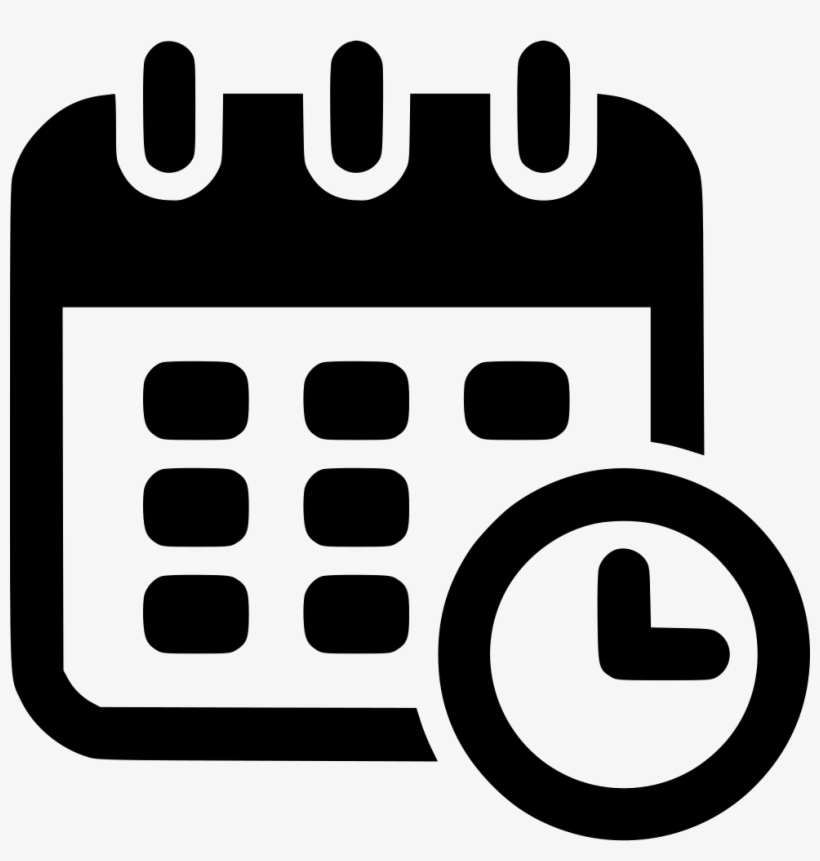Due to the coronavirus pandemic, an increasingly large number of PhD students—particularly those approaching graduation—have been conducting their degrees remotely. Completing a PhD was a daunting task before COVID-19 swept across the world, and completing one remotely brings its own set of unique challenges and considerations. Here are some pieces of advice to consider when conducting your PhD remotely.
1. Develop and stick to a routine
Without readily available access to the rhythm of campus life, it can be very easy to lose track of time. Working from home can also supply you with a ready supply of distractions, from pets to housemates to chores. In an environment like this, it is important to make sure that your work gets done. One of the simplest ways to make steady progress towards completing your degree is to stick to a routine. Working on campus, whether in a lab or in an office, often imposes a clear routine on you. Working from home, you must supply this routine yourself, as setting aside regular time to work is essential.
Plan out every working day to ensure you get in a full day’s work, whether you use a calendar, daily schedule or agenda, or simply designate certain hours as focused working hours. Make sure to find a way to enforce your routine; writing it down or asking a friend or partner to keep you honest can go a long way. Make sure to schedule breaks as well!
Without readily available access to the rhythm of campus life, it can be very easy to lose track of time. Working from home can also supply you with a ready supply of distractions, from pets to housemates to chores. In an environment like this, it is important to make sure that your work gets done. One of the simplest ways to make steady progress towards completing your degree is to stick to a routine. Working on campus, whether in a lab or in an office, often imposes a clear routine on you. Working from home, you must supply this routine yourself, as setting aside regular time to work is essential.
Plan out every working day to ensure you get in a full day’s work, whether you use a calendar, daily schedule or agenda, or simply designate certain hours as focused working hours. Make sure to find a way to enforce your routine; writing it down or asking a friend or partner to keep you honest can go a long way. Make sure to schedule breaks as well!
2. Find ways to motivate yourself
Having a regular routine to structure your day is the first step towards conducting a successful remote PhD, but without motivation it will be difficult to stick to your plan. On campus, motivation often comes from regular conversations with peers, mentors, and students, as well as from simply being in an intellectually stimulating environment. At home, these sources of motivation may be lacking.
One of the biggest challenges of a remote PhD is keeping yourself motivated. Without regular in-person check-ins, it can be easy to lose sight of the academic context of your work, and you may find it difficult to get the external validation needed to keep you on track. As a result, you will have to supply this motivation yourself. Make sure to reward yourself for working; set daily goals and give yourself something special when you meet them. Maybe when you finish that chapter of your dissertation, you will treat yourself to a take-out meal from your favorite restaurant or reward yourself with a well-deserved nap. Try to find other ways to motivate yourself to stick to your routine and get your work done, and always keep in mind why you are conducting your research.
Having a regular routine to structure your day is the first step towards conducting a successful remote PhD, but without motivation it will be difficult to stick to your plan. On campus, motivation often comes from regular conversations with peers, mentors, and students, as well as from simply being in an intellectually stimulating environment. At home, these sources of motivation may be lacking.
One of the biggest challenges of a remote PhD is keeping yourself motivated. Without regular in-person check-ins, it can be easy to lose sight of the academic context of your work, and you may find it difficult to get the external validation needed to keep you on track. As a result, you will have to supply this motivation yourself. Make sure to reward yourself for working; set daily goals and give yourself something special when you meet them. Maybe when you finish that chapter of your dissertation, you will treat yourself to a take-out meal from your favorite restaurant or reward yourself with a well-deserved nap. Try to find other ways to motivate yourself to stick to your routine and get your work done, and always keep in mind why you are conducting your research.
3. Stay connected to your academic community
Conducting a PhD can be isolating even when it is not remote, especially in the final stages of writing your dissertation. One way to motivate yourself is to make sure that you stay connected to your academic community however you can. Even if you are unable to drop by the lab or visit campus, keep up to date with the news from your department. Many universities offer virtual events, such as seminars and invited talks, that you can attend remotely. Attending these events can allow you to stay plugged in to your campus’ academic life, even if only from afar. Find writing and research support groups that meet regularly to share research progress, or to commiserate over a lack of progress—either option provides you a community.
Whatever you can do to make your remote PhD less isolating, the better. The more connected to your university’s academic community you feel, the easier it is to stay motivated and stick to your routine.
Conducting a PhD can be isolating even when it is not remote, especially in the final stages of writing your dissertation. One way to motivate yourself is to make sure that you stay connected to your academic community however you can. Even if you are unable to drop by the lab or visit campus, keep up to date with the news from your department. Many universities offer virtual events, such as seminars and invited talks, that you can attend remotely. Attending these events can allow you to stay plugged in to your campus’ academic life, even if only from afar. Find writing and research support groups that meet regularly to share research progress, or to commiserate over a lack of progress—either option provides you a community.
Whatever you can do to make your remote PhD less isolating, the better. The more connected to your university’s academic community you feel, the easier it is to stay motivated and stick to your routine.
4. Be proactive in scheduling
Academics have busy schedules, and even in the best of times can be hard to reach. If you are working on your PhD remotely, chances are you will not run into your PI or advisor in the lab or the department, and it can be easy to fall out of the habit of regular meetings. Your mentors will not be tracking you down to ask about your progress, especially without the reminder of seeing you around campus. As a result, you must be proactive about keeping your supervisors and mentors in the loop.
Not only is it important to stick to a regular daily routine, but it is also important to regularly contact your PI, advisor, and dissertation committee members. Importantly, you need to make sure that you remain on your advisor’s radar; they are probably busier than you and may not go out of their way to check up on you, especially if you are a senior PhD candidate. Ensuring that these individuals are up to date on your progress is therefore up to you. Try to send weekly updates if possible, and schedule regular meetings to receive feedback.
Academics have busy schedules, and even in the best of times can be hard to reach. If you are working on your PhD remotely, chances are you will not run into your PI or advisor in the lab or the department, and it can be easy to fall out of the habit of regular meetings. Your mentors will not be tracking you down to ask about your progress, especially without the reminder of seeing you around campus. As a result, you must be proactive about keeping your supervisors and mentors in the loop.
Not only is it important to stick to a regular daily routine, but it is also important to regularly contact your PI, advisor, and dissertation committee members. Importantly, you need to make sure that you remain on your advisor’s radar; they are probably busier than you and may not go out of their way to check up on you, especially if you are a senior PhD candidate. Ensuring that these individuals are up to date on your progress is therefore up to you. Try to send weekly updates if possible, and schedule regular meetings to receive feedback.
5. Set aside time for yourself
Just as it can be easy to get distracted and fall behind when working from home, it can also be easy to work too much. Without the clear physical boundary between home and campus, you may find yourself working constantly, which can lead to burn-out and a decline in the quality of your work. Make sure to give yourself the space to breathe, and set aside time in which you do anything but work. If possible, set aside an entire day (or more) when you do not think about your PhD at all, and allow yourself to recharge. Having a dedicated home office can also go a long way to ensuring that you do not overwork yourself, as this creates a clear boundary between your workspace and your home space.
Just as it can be easy to get distracted and fall behind when working from home, it can also be easy to work too much. Without the clear physical boundary between home and campus, you may find yourself working constantly, which can lead to burn-out and a decline in the quality of your work. Make sure to give yourself the space to breathe, and set aside time in which you do anything but work. If possible, set aside an entire day (or more) when you do not think about your PhD at all, and allow yourself to recharge. Having a dedicated home office can also go a long way to ensuring that you do not overwork yourself, as this creates a clear boundary between your workspace and your home space.
With a little bit of thoughtfulness and planning, it is possible to not only survive a remote PhD, but to thrive in one.



 Dr. Zachary M. Wilmot, Associate Editor
Dr. Zachary M. Wilmot, Associate Editor
 December 2021
December 2021 Previous Article
Previous Article